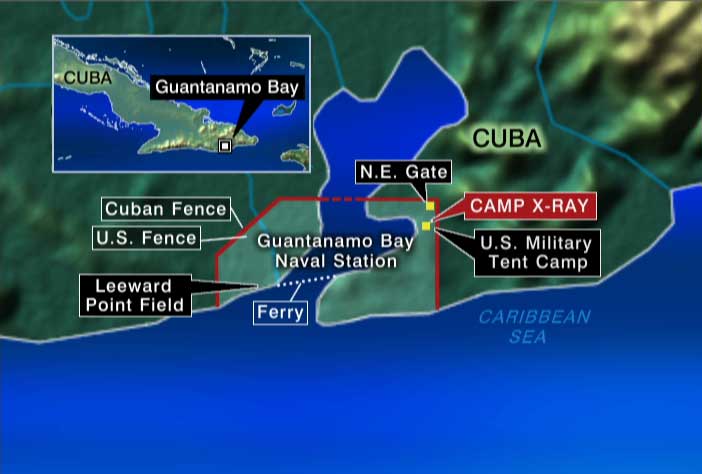
I found an interesting article from the Chicago Tribune online entitled, Chicago defies forgotten 2nd Amendment. The second amendment, which gives citizens the right to bear arms, has caused some dispute lately over whether individual cities and towns should be able to outlaw handguns. Recently, Morton Grove, Evanston, Wilmette, and Winnetka have all repealed their laws banning handguns, but Mayor Daley refuses to do so for the city of Chicago. He is quoted in the article: "Does this lead to everyone having a gun in our society?" he asked after the ruling came down. "Then why don't we do away with the court system and go back to the Old West, where you have a gun and I have a gun and we'll settle it in the streets?" Although he may be using hyperbole here for emphasis, he brings up a valid point: Is the second amendment posing a threat to our safety? Can people really be safe in a city where citizens on the streets are all carrying guns around? Even with the current law in place banning hand guns there were 443 homicides last year in the city of Chicago. The current policy was instated in 1983, and had not been challenged until last summer “when the Supreme Court ruled that Washington's ban on handguns violated the individual right to use arms for self-defense in the home.” Now there has been a lawsuit filed against the city of Chicago by the National Rifle Association. Mayor Daley has refused to make even the slightest change to the handgun ordinance, and therefore has decided to fight the lawsuit. Is this a matter of safety or of individuals’ rights? How should this lawsuit be ruled?









